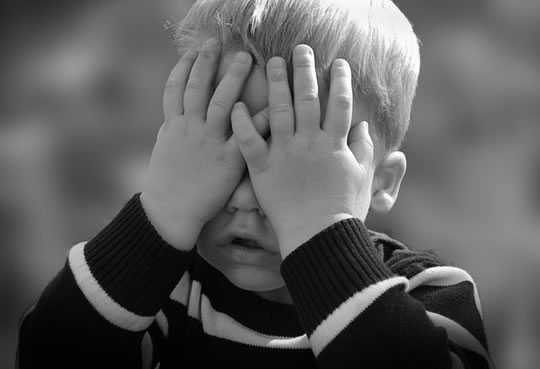Over 900 children were tested at ages 1, 5, 10 and 16.
Mothers who are depressed lower their children’s IQ.
Up to one-quarter of new mothers experience postpartum depression, figures suggest.
Over 900 children were tested at ages 1, 5, 10 and 16 and found to have a lower IQ if their mother was depressed.
Around 50 percent of the mothers — who were living in Santiago, Chile — were depressed at some point during the research period.
Dr Patricia East, who led the study, said:
“We found that mothers who were highly depressed didn’t invest emotionally or in providing learning materials to support their child, such as toys and books, as much as mothers who were not depressed.
This, in turn, impacted the child’s IQ at ages 1, 5, 10 and 16.
The consistency and longevity of these results speak to the enduring effect that depression has on a mother’s parenting and her child’s development.”
Researchers followed the batch of children in Chile at five-year intervals for a total of 15 years.
Average verbal IQ scores for children with depressed mothers were 7.3 compared with 7.8 among those with non-depressed mothers.
Dr East said:
“Although seemingly small, differences in IQ from 7.78 to 7.30 are highly meaningful in terms of children’s verbal skills and vocabulary.
Our study results show the long term consequences that a child can experience due to chronic maternal depression.”
Around one in five mothers who were severely depressed when their child was born remained depressed for a long time.
Dr East said:
“For mothers in the study, there were many stressors in their lives.
Most of the mothers, while literate, had only nine years of education, were not employed outside the home and often lived with extended family in small, crowded homes–factors that likely contributed to their depression.
Many mothers suffer from depression in the first six months after childbirth, but for some, depression lingers.”
Dr East said:
“For health care providers, the results show that early identification, intervention and treatment of maternal depression are key.
Providing resources to depressed moms will help them manage their symptoms in a productive way and ensure their children reach their full potential.”
The study was published in the journal Child Development (Wu et al., 2018).

